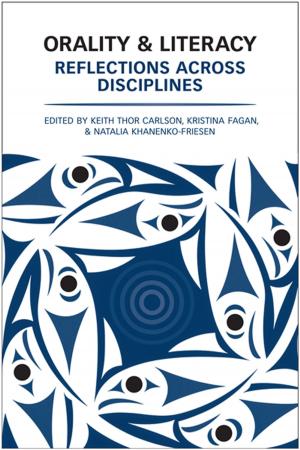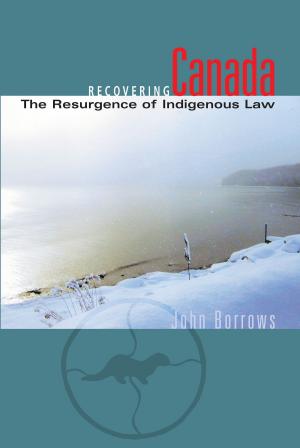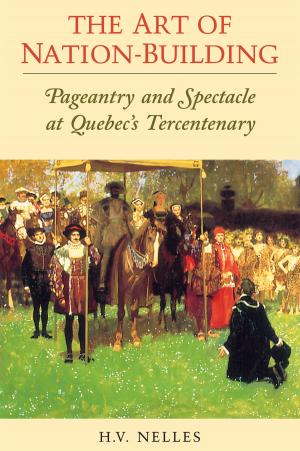Judging Bertha Wilson
Law as Large as Life
Nonfiction, Reference & Language, Law, Legal History, History, Canada, Biography & Memoir, Reference| Author: | Ellen Anderson | ISBN: | 9781442657694 |
| Publisher: | University of Toronto Press, Scholarly Publishing Division | Publication: | December 15, 2002 |
| Imprint: | Language: | English |
| Author: | Ellen Anderson |
| ISBN: | 9781442657694 |
| Publisher: | University of Toronto Press, Scholarly Publishing Division |
| Publication: | December 15, 2002 |
| Imprint: | |
| Language: | English |
Madame Justice Bertha Wilson, the first woman appointed to the Supreme Court of Canada, is an enormously influential and controversial figure in Canadian legal and political history. This engaging, authorized, intellectual biography draws on interviews conducted under the auspices of the Osgoode Society for Legal History, held in Scotland and Canada with Madame Justice Wilson, as well as with her friends, relatives, and colleagues. The biography traces Wilson's story from her birth in Scotland in 1923 to the present. Wilson's contributions to the areas of human rights law and equality jurisprudence are many and well-known. Lesser known are her early days in Scotland and her work as a minister's wife or her post-judicial work on gender equality for the Canadian Bar Association and her contributions to the Royal Commission on Aboriginal Peoples.
Through a scrupulous survey of Wilson's judgements, memos, and academic writings (many as yet unpublished), Ellen Anderson shows how Wilson's life and the law were seamlessly integrated in her persistent commitment to a stance of principled contextuality. This stance has had an enduring effect on the evolution of Canadian law and cultural history.
Supported with the warmth and generosity of Wilson's numerous personal anecdotes, this work illuminates the life and thought of a woman who has left an extraordinary mark on Canada's legal landscape.
Madame Justice Bertha Wilson, the first woman appointed to the Supreme Court of Canada, is an enormously influential and controversial figure in Canadian legal and political history. This engaging, authorized, intellectual biography draws on interviews conducted under the auspices of the Osgoode Society for Legal History, held in Scotland and Canada with Madame Justice Wilson, as well as with her friends, relatives, and colleagues. The biography traces Wilson's story from her birth in Scotland in 1923 to the present. Wilson's contributions to the areas of human rights law and equality jurisprudence are many and well-known. Lesser known are her early days in Scotland and her work as a minister's wife or her post-judicial work on gender equality for the Canadian Bar Association and her contributions to the Royal Commission on Aboriginal Peoples.
Through a scrupulous survey of Wilson's judgements, memos, and academic writings (many as yet unpublished), Ellen Anderson shows how Wilson's life and the law were seamlessly integrated in her persistent commitment to a stance of principled contextuality. This stance has had an enduring effect on the evolution of Canadian law and cultural history.
Supported with the warmth and generosity of Wilson's numerous personal anecdotes, this work illuminates the life and thought of a woman who has left an extraordinary mark on Canada's legal landscape.















